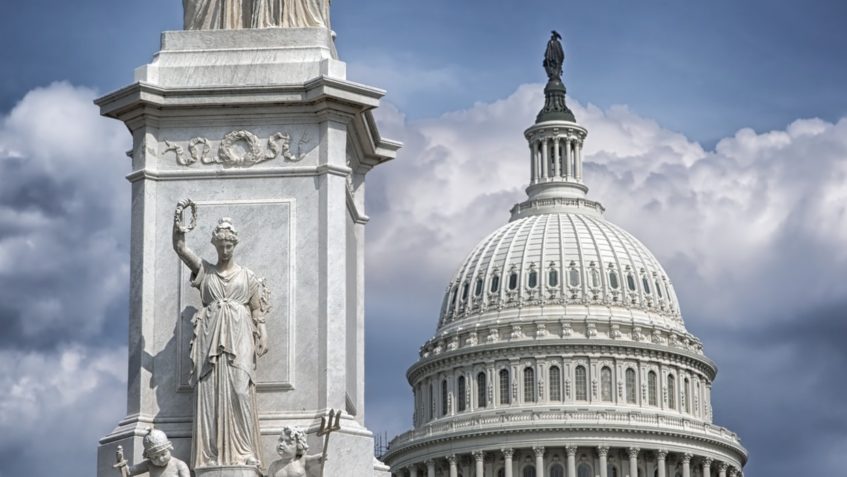Heather Cox Richardson Lays Out Democrats’ Uphill Battle
Every day, Professor Richardson breaks current political events and activities and events in a way that allows the common man to understand what is happening in the United States. Yesterday’s newsletter was eye-opening on the extent of Republicans’ efforts to skew the mechanics of our democracy to permit a minority to rule over the majority. Read on…
Since 1988—the year George H. W. Bush was elected—Democrats have won the popular vote in seven of nine presidential elections. And yet, Republicans have taken the White House through the Electoral College and have appointed 6 of the 9 justices now on the Supreme Court.
The concentration of Republicans in rural states with smaller populations means that the Senate is also skewed toward the Republican Party. Public policy scholars Michael Ettlinger and Jordan Hensley crunched the numbers to show that today’s 50 Democratic senators represent 26% more people than Republican senators: 202 million compared to 160 million. They go on to say: “A Black American is 16% less represented in the Senate than an American on average; [a] Latinx American 32% less.”
Ettlinger and Hensley note that, as the Senate has become less representative, Republican senators have relied on arcane rules to let a minority stop popular legislation. “In the current Senate,” they report, “41 Republican senators representing as few as 75 million people can block most legislation from even coming to a vote—thwarting the will of a group of Democratic and Republican senators representing as many as 270 million Americans.”
In the House of Representatives, gerrymandering allows Republicans to hold more seats than their share of the popular vote. In 1996 and 2012, Republicans lost the national vote tally but controlled Congress nonetheless.
The skew in state legislatures is also large. Scherer points out that the Michigan legislature, for example, has a Republican majority although Democrats have won a majority of the popular vote there for a decade. In North Carolina in 2018, Democrats won 51% of the popular vote but got only 45% of the seats.
After the 2020 election, Republican-dominated legislatures in states where Democrats likely make up the majority—Georgia, Texas, and Florida, for example—have worked aggressively to restrict voting rights. More than a dozen states have enacted more than 30 new laws to suppress votes. Tonight, Texas governor Greg Abbott announced that tomorrow he will sign another major voter suppression measure in his state.
Noting “how far the [Republican] party has fallen on fundamental matters of democracy,” the Washington Post editorial board called on Democrats to pass the John Lewis Voting Rights Advancement Act, which would restore and expand the Department of Justice’s protection of the right to vote, gutted by the Supreme Court in 2013 and 2021.
We must be vigilant over attempts at gerrymandering, register voters as Democrats and support our Democratic candidates!

